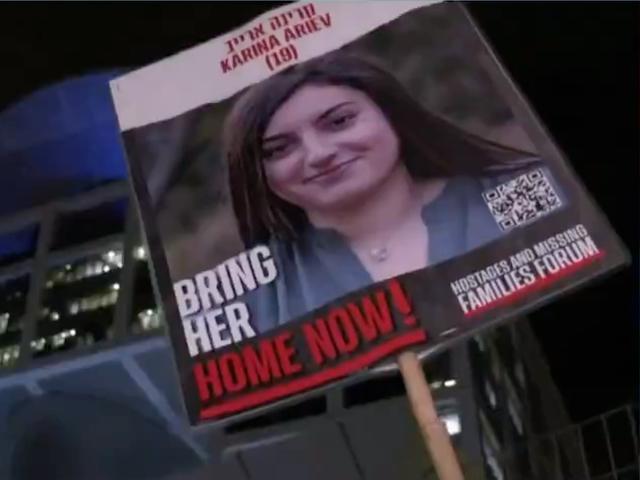A delegation of leading Israeli security officials concluded their negotiations in Paris, signaling a potential turning point in the discussions aimed at securing the release of hostages held by Hamas. The deliberations, which extended into late Saturday night within Israel's war cabinet, were centered on evaluating a proposed framework for an agreement, hinting at a possible breakthrough in the longstanding deadlock.
This wave of optimism was further propelled by the announcement that an Israeli delegation is slated to journey to Qatar, aiming to advance negotiations for a hostage release deal. This move comes in the wake of the war cabinet's briefing on the Paris negotiations held on Friday, where Israeli officials engaged in intense dialogues with their American, Egyptian, and Qatari counterparts. The objective of these discussions was to sculpt an agreement conducive to the release of hostages and the instatement of a temporary cessation of hostilities. Despite Hamas's absence from these discussions, the engagement has reportedly yielded "significant progress" towards laying down a solid groundwork for further negotiations, as per an Israeli official.
Israel reaches agreement on updated hostage deal outline in Paris talks https://t.co/hA3fKDnAPz
— Bertilak #JusticeForMalkiRoth (@Bertilak3) February 24, 2024
The cautious yet hopeful sentiments are mirrored in the Israeli media, tempered by the understanding that the path to a final agreement remains fraught with challenges. An unnamed official, speaking to The Times of Israel, emphasized the delegation's measured optimism, a stance that resonates with another senior Israeli official who acknowledged a softening in Hamas's demands but stressed that a conclusive agreement is yet to materialize.
Amidst these developments, senior Hamas officials have adopted a cautious stance regarding the potential agreement with Israel. Despite indications of some concessions on their part, they maintain that the cessation of the war in Gaza remains a precondition for any agreement. Ismail Haniyeh’s media consultant, Taher al-Nono, criticized Prime Minister Benjamin Netanyahu's desire to prolong the conflict, underscoring Hamas's demands for an end to the war, the withdrawal of IDF forces from the Gaza Strip, and the provision of humanitarian aid as non-negotiable terms for discussing a temporary ceasefire.
Qatar now arguing against Israel at the ICJ.
— Jonathan Schanzer (@JSchanzer) February 23, 2024
At the same time, it pretends to play a neutral role in Paris — with the lives of the Israeli hostages in the balance.
Remember: Qatar has provided a headquarters & $30 million a month to Hamas.
Qatar is a state sponsor of terror. https://t.co/aHhaDsPcGV
The proposed framework for the agreement envisages the initial release of approximately 40 hostages, in tandem with Israel's release of hundreds of Palestinian prisoners. It also includes plans for the repositioning of Israeli troops within Gaza—stopping short of a complete withdrawal—and measures to enable the return of Palestinian civilians to northern Gaza.
Qatar ‘basically Hamas’s divorce lawyer,’ not US ally - Experts say that it’s a ‘sick joke’ that the Gulf emirate is hailed as a serious hostage mediator between Israel and Hamas. https://t.co/WaPMtpaTdA
— Michael Dickson (@michaeldickson) February 23, 2024
However, the negotiations face significant obstacles, including Israel's hesitance to commit to extensive rehabilitation efforts in Gaza prior to its demilitarization and disagreements over the number of Palestinian prisoners to be released. Despite these hurdles, there appears to be a noticeable shift in Hamas's stance, potentially smoothing the path toward an agreement. This development represents a glimmer of hope in the ongoing efforts to bring about a resolution to a situation that has long eluded peace and stability in the region.


